STRUCTURAL UNIVERSE — STRUCTURAL QUANTUM GRAVITY
A new perspective on the nature of reality
This platform presents a unified concept combining Structural Quantum Gravity and Structural Universe — two interconnected works that form an alternative model of the cosmos. At the heart of this theory lies the idea that reality is governed not by mass and force, but by a logical-informational Structure — a non-material foundation underlying all forms and interactions.
Structural Quantum Gravity offers a radical rethinking of gravitational phenomena, dark matter, and dark energy. It proposes that gravity does not arise from mass, but from distortions in the coherence of the Structure — a universal logical framework that defines the organisation of space, time, and form.
Structural Universe expands this foundation into broader cosmological and ontological dimensions. It explores the role of dark voids in the evolution of the Solar System, including the hypothesis of a destroyed fifth planet. It further examines the principles of information, causality, time, and consciousness as non-material aspects of the real.
Together, these two books form a logically consistent model that challenges traditional scientific paradigms and opens a new pathway toward understanding the architecture of the Universe — one that is based on coherence, structure, and informational logic rather than classical mechanics.
These works are published on the platform, which is developed and maintained by CERN — the European Organization for Nuclear Research. The publications are registered with an official DOI issued via DataCite, ensuring global scientific traceability and legitimacy.
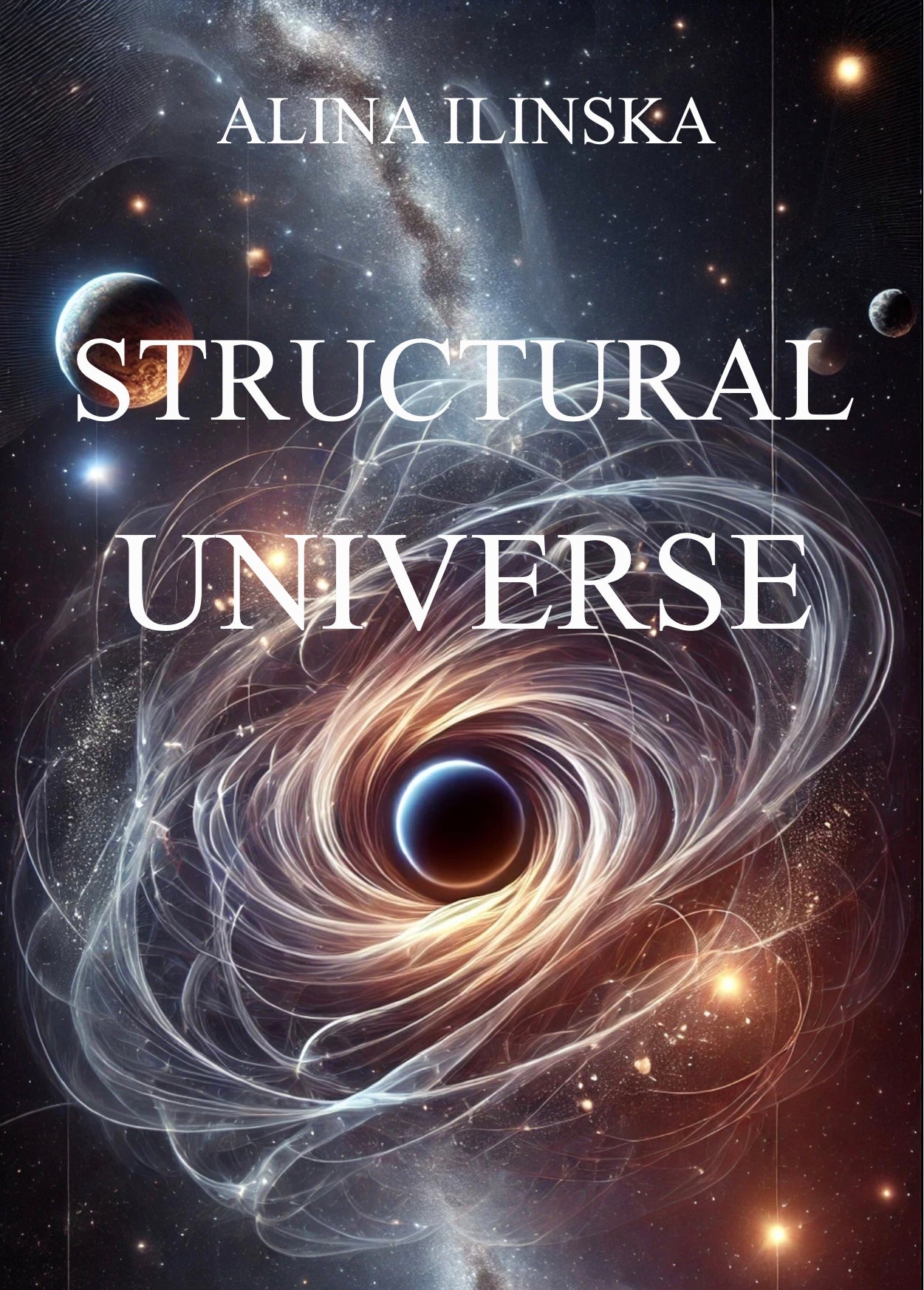
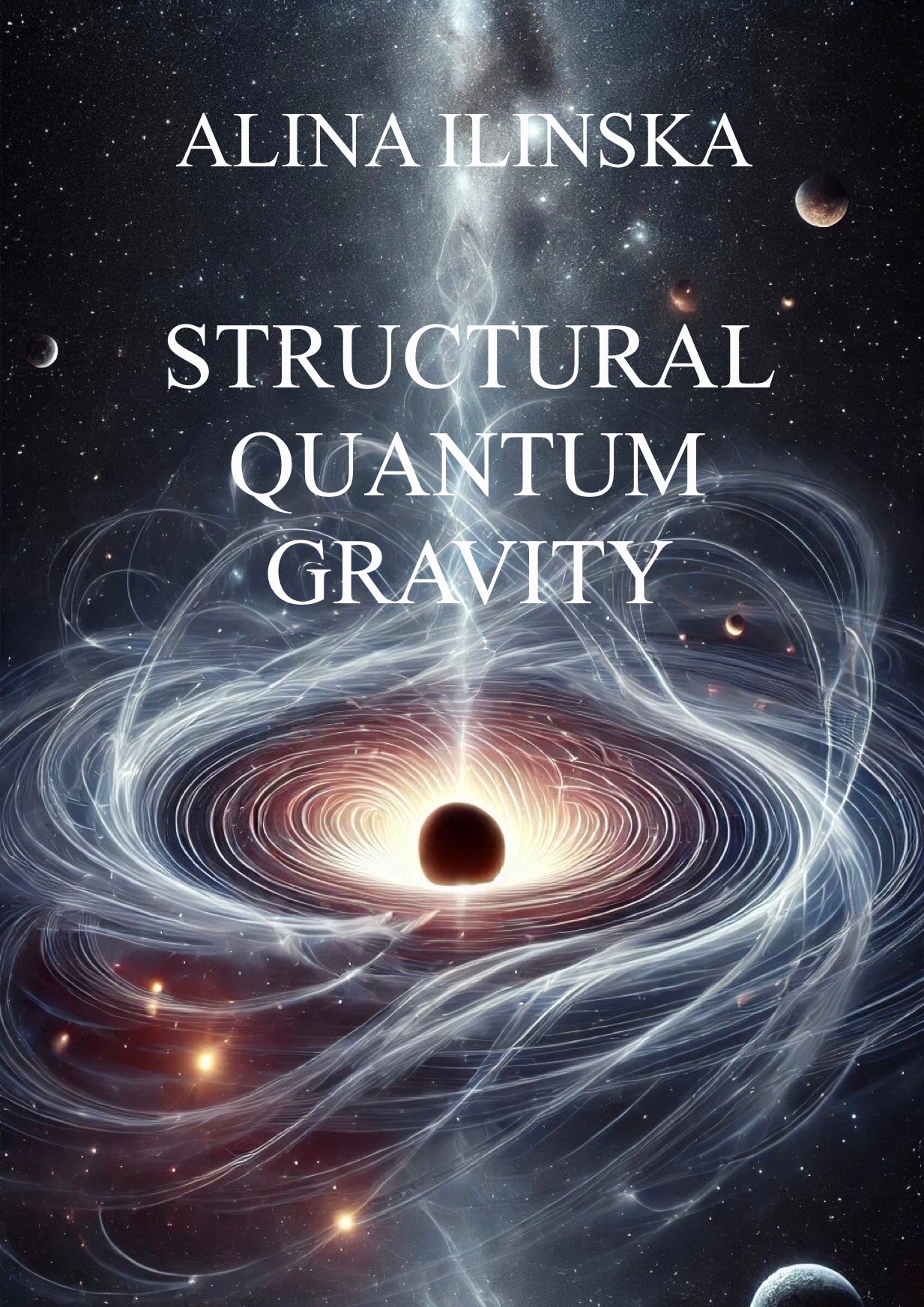
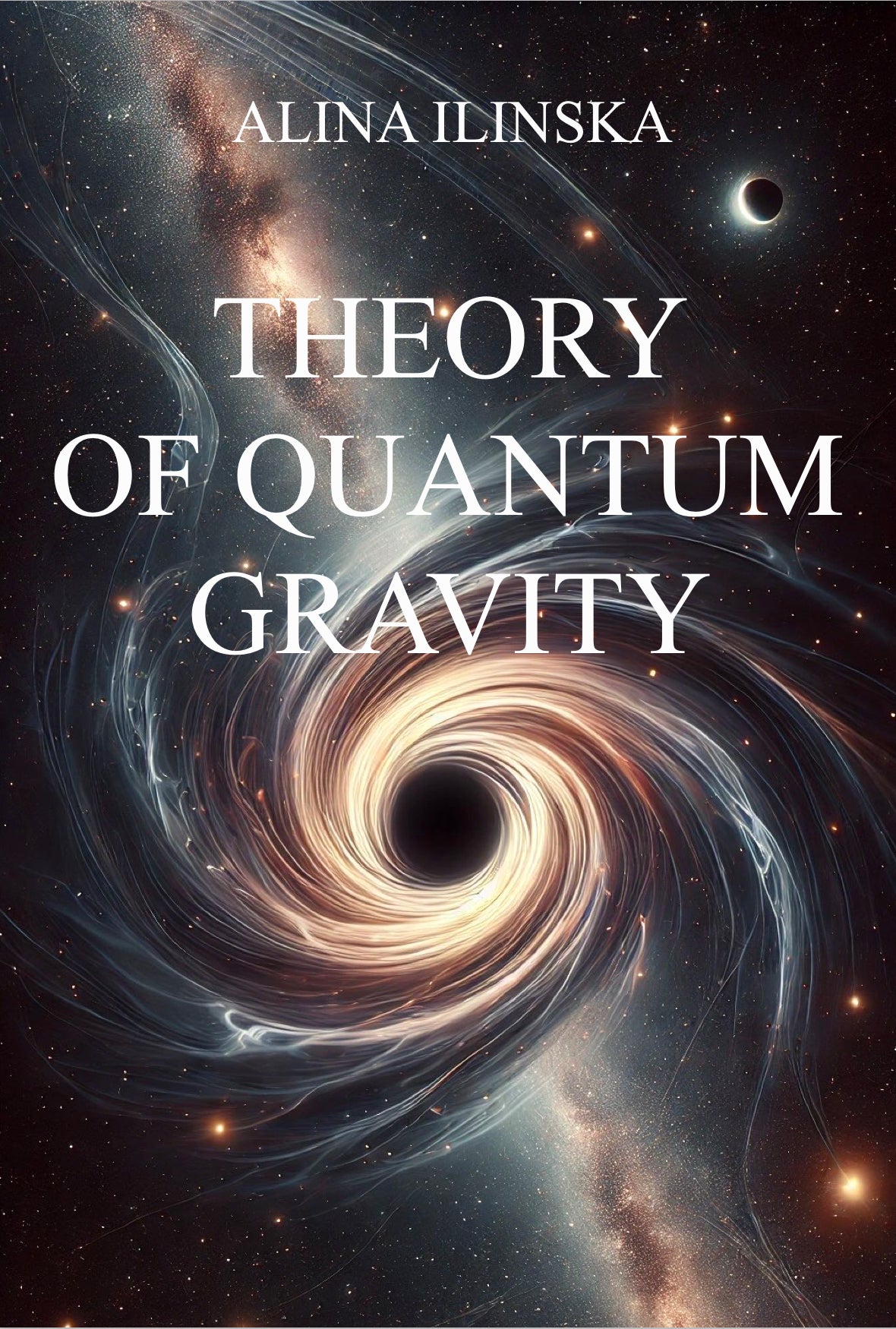
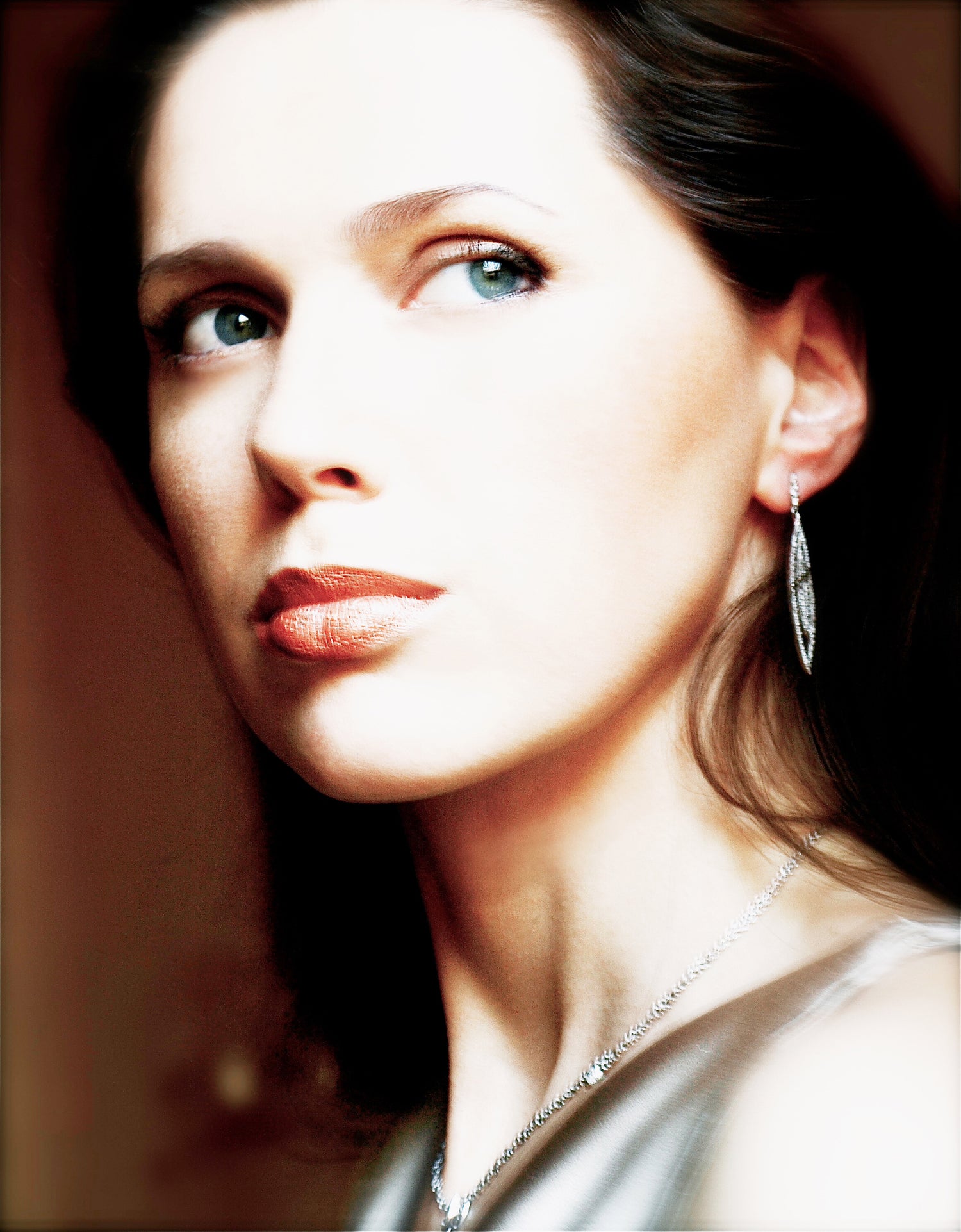
ABOUT THE AUTHOR
Alina ILINSKA is the initiator and founder of a pioneering project to establish a new Scientific Centre, grounded in the principles of sustainability, knowledge, and the advancement of civilisation to its next stage.
Alina ILINSKA is an independent researcher in the field of astronomy and astrophysics. Since 2021, she has been working on an original theory of quantum gravity, offering a new model of gravitational interaction not based on mass, but derived from a logical and informational Structure. Her scientific interests include the influence of dark energy, dark matter, and objects known as dark voids on the physical matter of the Universe.
Her interest in astronomy and astrophysics began at an early age and has remained a central part of her life. Alongside her scientific research, Alina ILINSKA received a musical education: she graduated from a music school specialising in piano, followed by a higher education degree in musical arts. She is the author of musical compositions and educational books for piano, and also works as an educator.
In her literary work, she prefers the genre of scientific fiction, combining a scientific approach with a creative interpretation of the laws of the Universe.
Music has long been intertwined with scientific thought. Throughout history, many of the world’s greatest minds have turned to music for inspiration and clarity.
• Max Planck and Werner Heisenberg, pioneers of quantum mechanics, were trained pianists.
• Albert Einstein often credited classical music with enhancing his thinking.
• Friedrich Nietzsche played the piano passionately in his youth.
• Larry Page, co-founder of Google, studied music composition and believed it shaped his sense of timing and innovation. “Music education led me to a high-speed legacy at Google,” he said.
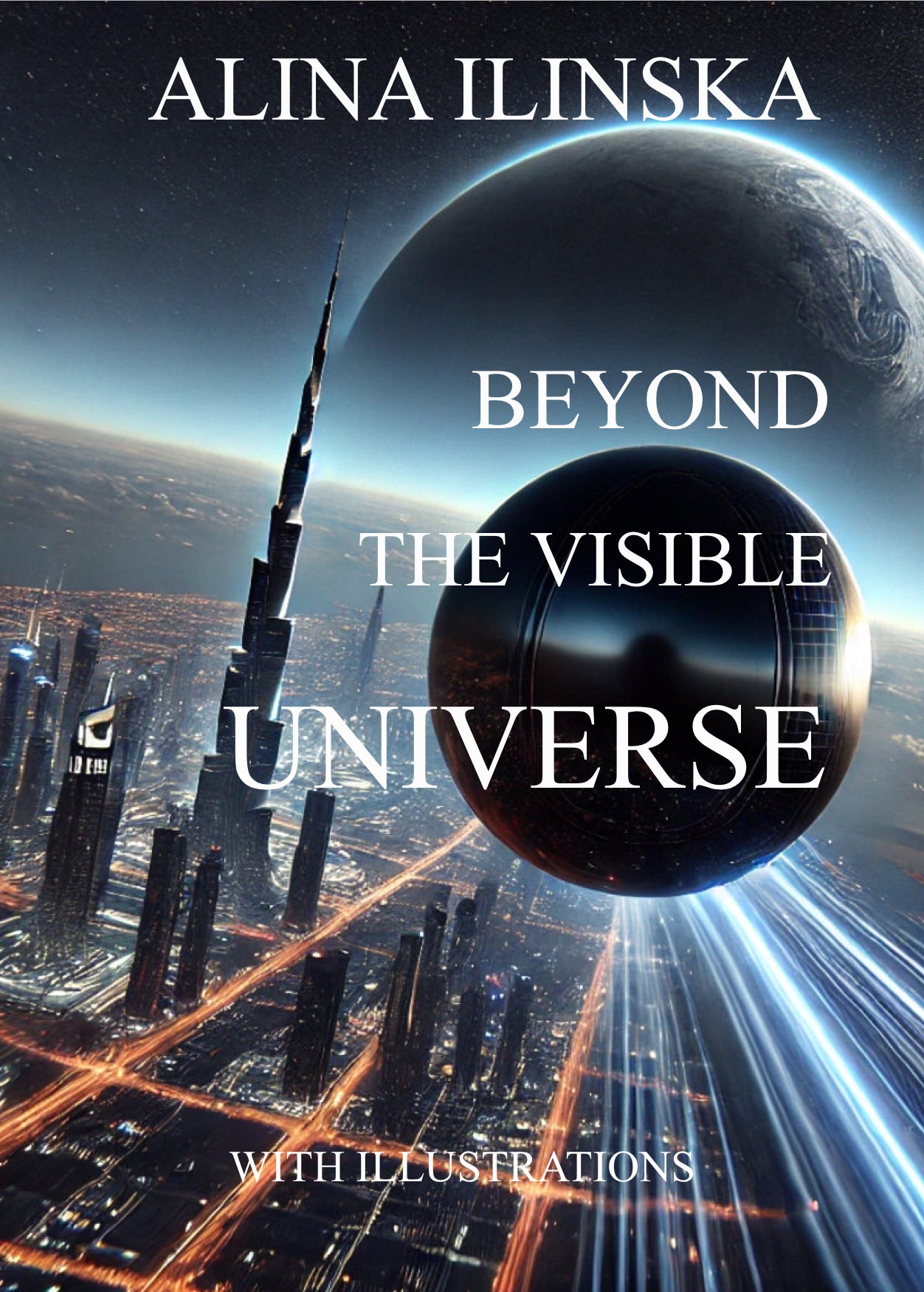
22 April 2025 — Project launched to advance civilisation to its next stage
On Earth Day, the implementation of a new Scientific Centre was initiated — laying thefoundation for a sustainable future and a new generation of cities.
Civilisation in Transition: The Next Stage
On 22 April 2025, a project was initiated to establish a scientific centre designed to lay the foundation for a sustainable future and enable the transition of our current civilisation to its next stage.
The Scientific Centre is being developed as the foundation for a new type of city — autonomous, resilient to global transformations, built on knowledge, intelligent systems, and new energy sources.
The Centre will become the starting point for implementing a scalable model of future cities capable of preserving human potential, culture, and the achieved level of progress in a changing world.
Launched on a symbolic date — 22 April, Earth Day — the project marks a step toward a responsible future and a new phase in the evolution of civilisation.
Alina ILINSKA is the initiator and founder of a pioneering project to establish a new Scientific Centre, grounded in the principles of sustainability, knowledge, and the advancement of civilisation to its next stage.

